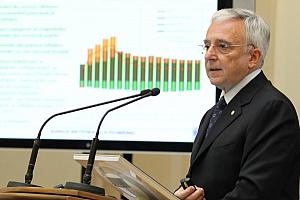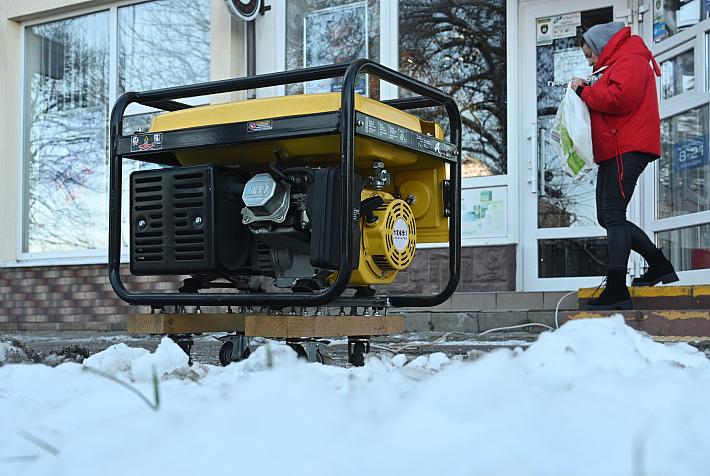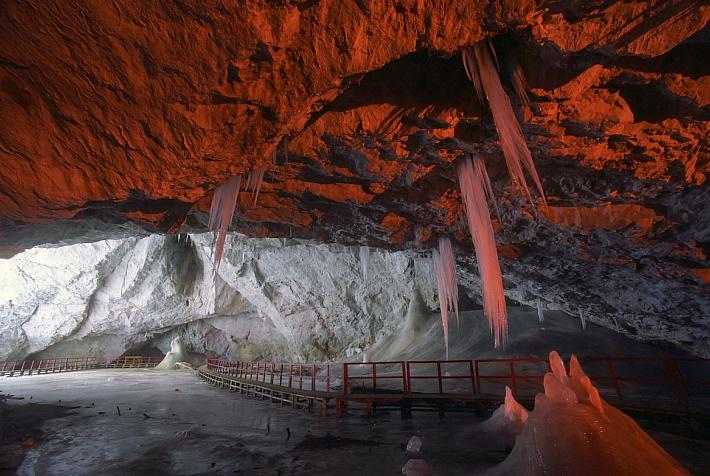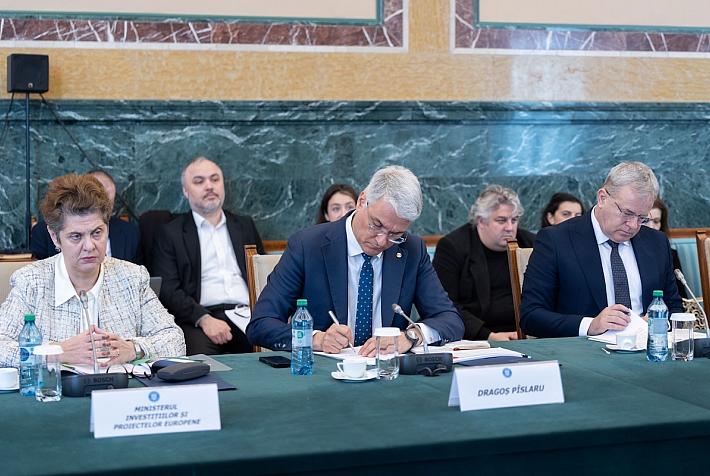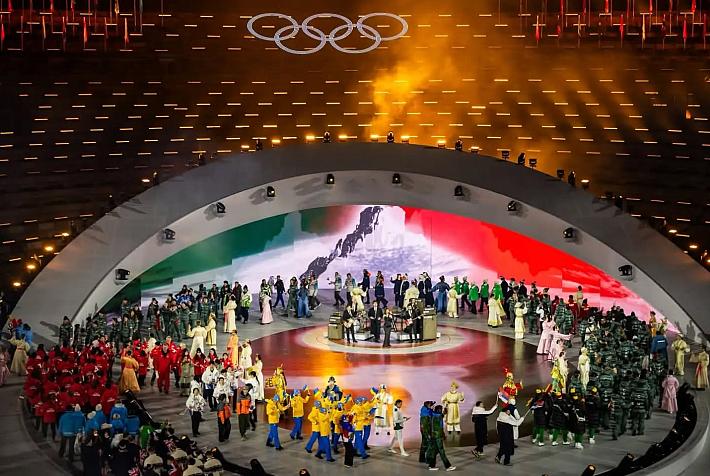Romanian currency hits new low but central bank speaks of “slow correction”
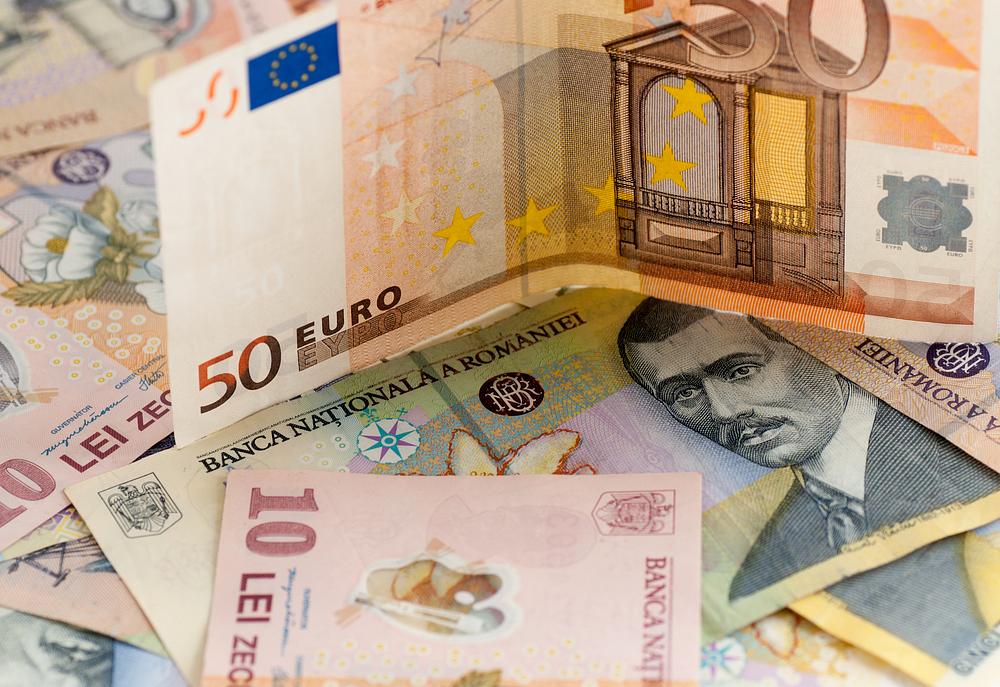
Romania’s currency (RON) reached a third consecutive nominal low against the euro on Wednesday, November 20, but the central bank (BNR) is not worried about this evolution.
The exchange rate is “slowly accommodating” the macroeconomic fundamentals, BNR spokesman Dan Suciu told Mediafax on November 20.
The EUR/RON exchange rate went up by 0.13% on Monday, November 18, compared to the previous trading day, to RON 4.7729 per EUR, an all-time high. The evolution continued at a slower pace on Tuesday and Wednesday, when the exchange rate went up by 0.06% and 0.04% respectively, reaching RON 4.7776 per EUR on November 20.
The local currency has weakened by 2.3% year-on-year versus the euro and by 5.5% versus the US dollar, amid an annual consumer price inflation of around 4% and a GDP deflator that has not decreased below 6% year-on year in the past four quarters ending June 2019.
The exchange rate outlook has deteriorated, however, after several disappointing macroeconomic figures including the current account balance (which, however, has stabilised since April when it comes to the rolling 12-month deficit), the GDP growth (only 3% year-on-year in Q3) and industrial output (down 3.6% year-on-year in Q3).
The report given by the new finance minister Florin Citu about the “worst than expected” budget deficit came on the top of the poor macro figures released over the previous weeks and shaken investors’ sentiment about the central bank’s commitment, until now robust, of smoothing the exchange rate volatility.
Fiscal expert Adrian Benta said that he expects, based on seasonal patterns, that the foreign exchange rate would come under pressure in January-February next year when the importers have to pay the invoices for the goods imported during the last months of the year, according to Mediafax.
Other views are expected by entrepreneur Sorin Minea, who believes that the elections play an important role in the exchange rate formation.
(Photo: Shutterstock)
editor@romania-insider.com







